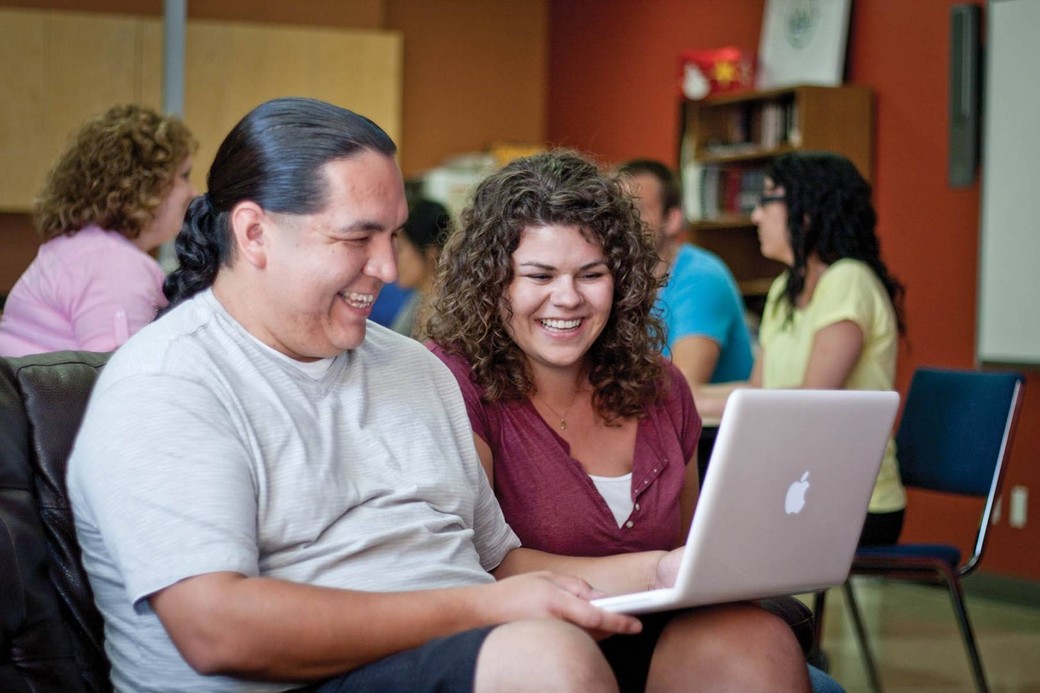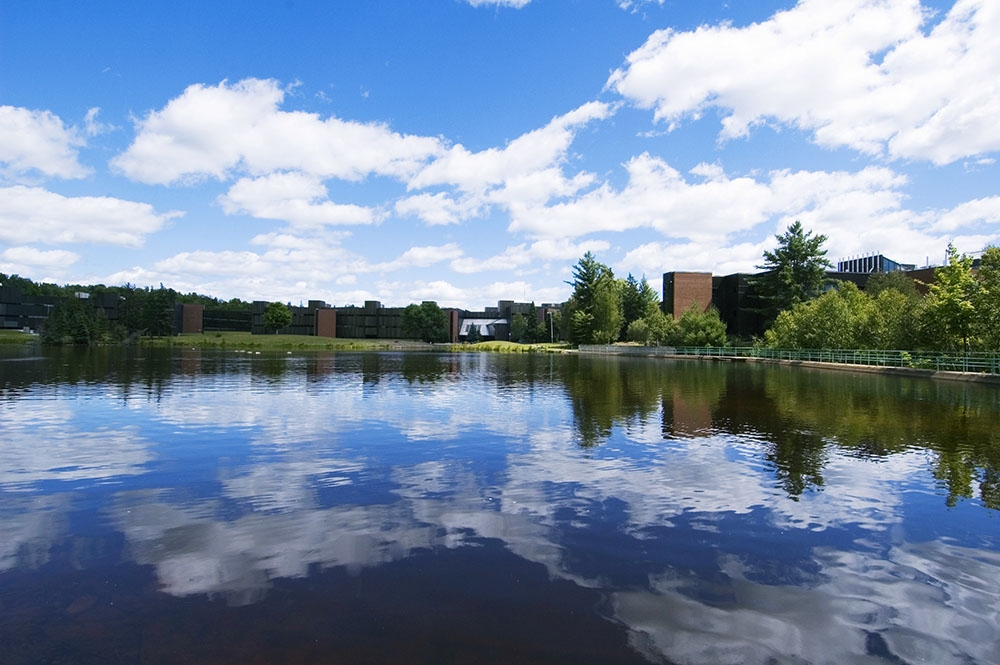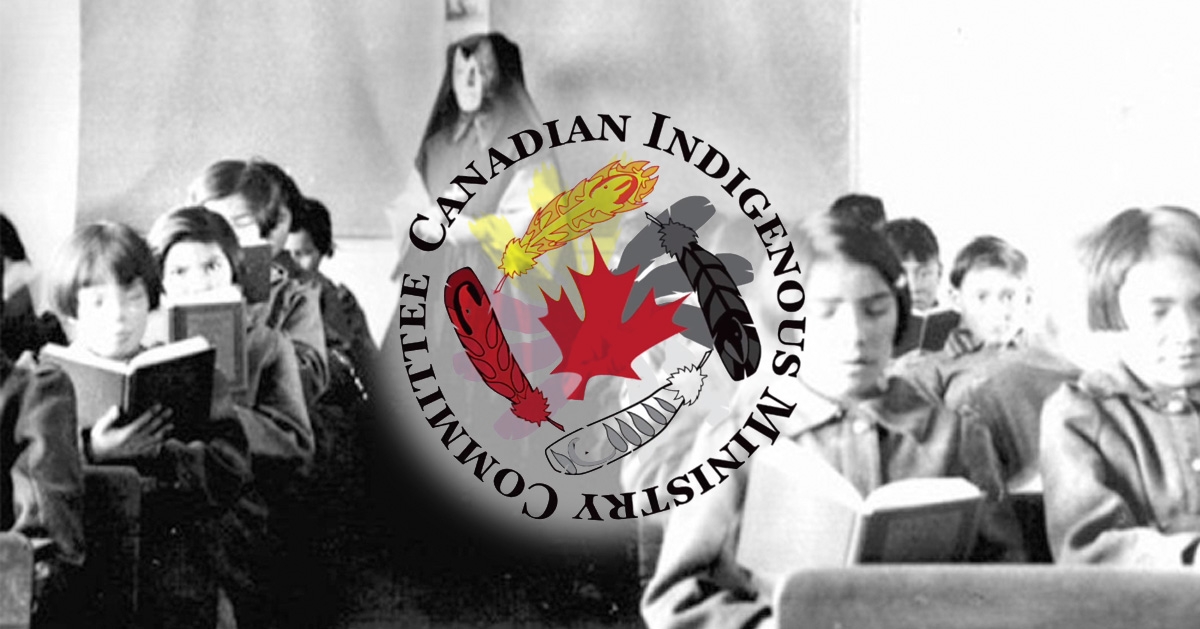
Nipissing University Provides Quality Education to First Nations Communities
It is frequently forgotten access to learning and high-quality teaching is not available for everyone in Canada. The education provided for Aboriginal children is just one example of a group with limited access. Their level of education is well below that of other Canadian children.
The high school graduation rate for on-reserve students is abysmally low, approximately 40 per cent in most provinces. Without proper credentials, First Nations youth often miss out on opportunities at post-secondary institutions and jobs. An under-funded, on-reserve education system is often cited as the main reason.
This is not a new issue. Debates about how to improve Aboriginal education have been going on for years. It is a sensitive and complicated subject as Aboriginal education crosses different government jurisdictions. While education is a provincial matter, Aboriginal affairs are federal. There must be a more organized structured system to implement a better education system to serve Aboriginal youth.
Most recently, the Conservative government unveiled the First Nations Control of First Nations Education Act, or Bill C-33. This bill proposed what was thought to be quality standards for on-reserve education and implementing more control over the system for First Nations. This bill came after a previous plan was rejected by 200 Aboriginal leaders.
Although the revised Bill C-33 intended to be better, it led to the resignation of Shawn Atleo, former national chief of the Assembly of First Nations.
One of the major reforms of the bill was to better align on-reserve and off-reserve provincial standards of education. However, many First Nations leaders opposed the bill, saying it ignored Aboriginal rights. The federal government was also seen as gaining too much control in the system. Atleo resigned after facing backlash from First Nations leaders for supporting Bill C-33.
Now it is back to the drawing board for the federal government and Aboriginal leaders to create fair education reforms. In the meantime, though, First Nations youth are trying to access the education available to them.
One place they can go is Nipissing University in North Bay, Ontario. Nipissing offers the Office of Aboriginal Initiatives, which provides resources, programs and support to students. The goal is to assist students in successfully completing their degree at Nipissing University, while providing an enriching experience.
“The Office of Aboriginal Initiatives is a focal point for our aboriginal students here on campus. It gives us an opportunity to reach out to the community,” says Mike DeGagné, president and vice-chancellor of Nipissing University.
The Office hopes it can do just that through specific program offerings. One of these offerings is the Aboriginal Advantage Program, run by Elders, Student Success coordinators and faculty. The program celebrates students as Aboriginal individuals by working with them one-on-one in the academic, personal and cultural areas of their lives.
“The people that you speak to who have utilized the program find it very, very helpful,” says DeGagné.
The program offers workshops for writing, grammar and computer skills, as well as counselling options to help manage stress. Cultural needs are fulfilled with sharing circles with Elders and guest speakers.
The Office creates a welcoming environment where everyone feels at home. Another prominent program is the Aboriginal Mentorship Initiative. Student volunteers from Nipissing go and visit high school students in North Bay to talk to them about education and encourage Aboriginal cultural development.
“We have an established network with First Nations communities in the area, so the Office acts as a way regionally to reach out to even young children, to talk not just about university, but about education in general,” says DeGagné.
The focus on education for young children is one of the unique aspects of the Office of Aboriginal Initiatives, DeGagné says. The Office aims to reach out and share the values of education to children at a young age, in hopes of creating success for a student over the long term.
“The biggest hope for the program is that its outreach to the community helps Aboriginal students in this region access education,” says DeGagné. “It is also concerned with student success. We want students to attend here. We want it to be a place they feel they can succeed and we want to help retain and graduate Aboriginal students.”
It is with hope other universities in Canada can learn from Nipissing University. Perhaps others can look to the Office of Aboriginal Initiatives for tips on how to create a feeling of community for Aboriginal students.
“The Aboriginal students here have a place to go to study, to ask questions, to get help academically and it provides a sense of community within the school, which by all accounts helps out a great deal,” says DeGagné.
Even in today’s struggle for Aboriginal education, with underfunding being a prime cited cause, it is proven that students, like those at Nipissing University, are able to pull through and attain a high level of education.
“The Office of Aboriginal Initiatives is another avenue for First Nations, Métis and Inuit students to get the support and help they need, if they need it,” says DeGagné.
As the publicity winds down from Bill C-33, and leaders consider whether or not they will make amendments to the bill, it must be kept in mind that children are being affected by every decision.
“Bill C-33 was intended to improve elementary and high school education for First Nations. All that education preparation is critical to succeeding in university. So we would have loved to see the bill succeed,” says DeGagné.
When it comes to opportunity and quality education, everyone in Canada should have the same chance to succeed.
The Power of Learning
The Gabriel Dumont Institute (GDI) in Saskatchewan is a place for Métis students to experience the power of learning. Its number one focus is to promote the renewal and development of Métis culture. With Métis-specific educational programs and services, the Gabriel Dumont Institute offers unparalleled training.
GDI conserves Métis history and culture and is trusted source for Métis-specific information throughout the world.
High-quality programs are offered to improve education and employment outcomes. There are basic education, university-based and skills training classes available. Each class focuses on incorporating a Métis cultural component.
Students at GDI are welcomed with open arms. They are provided with countless resources and services within an understanding environment. GDI wants to see its students succeed; it will even help with job training and seeking.
Métis students are encouraged to engage in the school community and reach out for help when needed. With the publication and development of Métis- focused literature, a virtual museum of Metis history and culture with over 11,000 files, GDI provides access to limitless resources for learning outside of class. GDI is committed to creating the best possible environment for its students.












